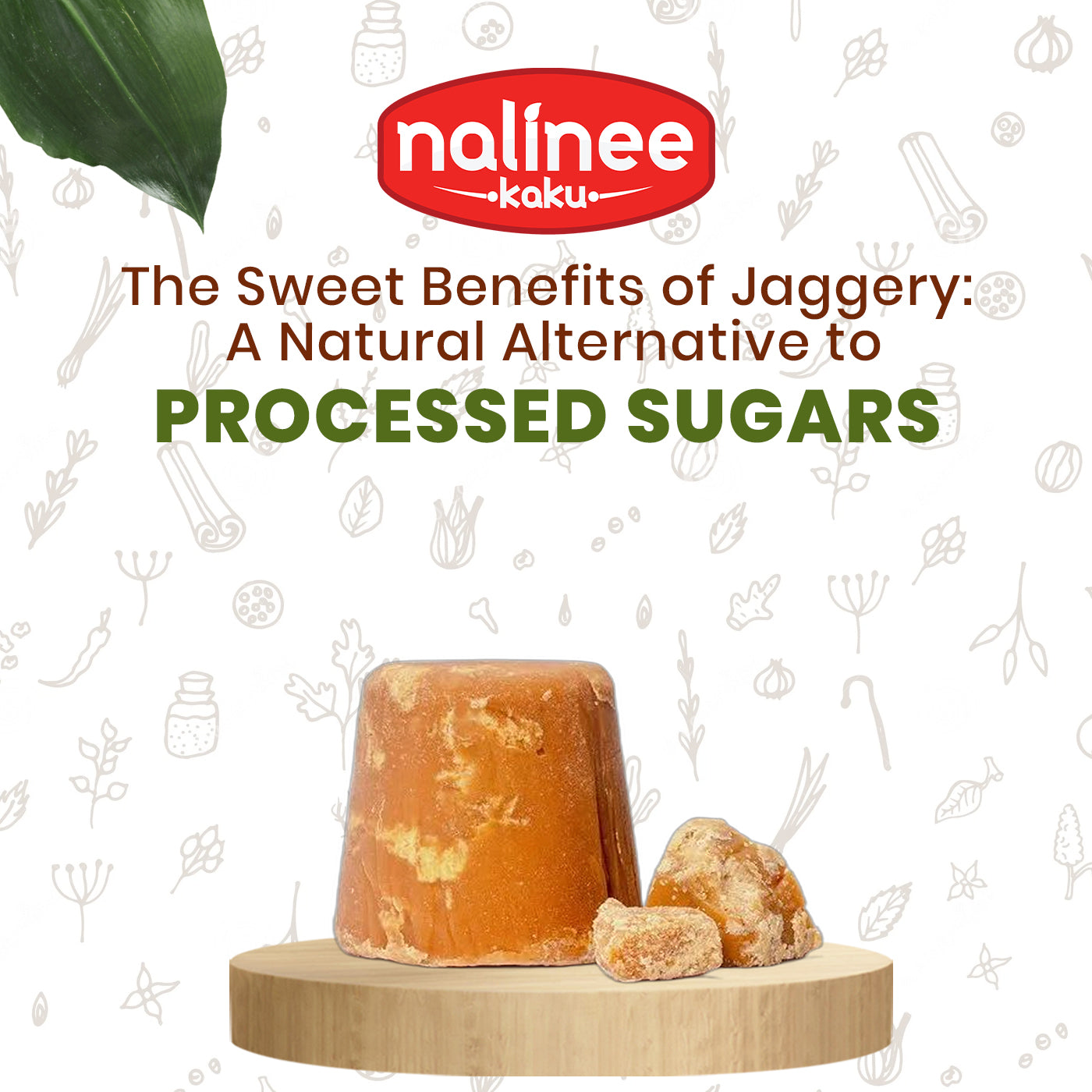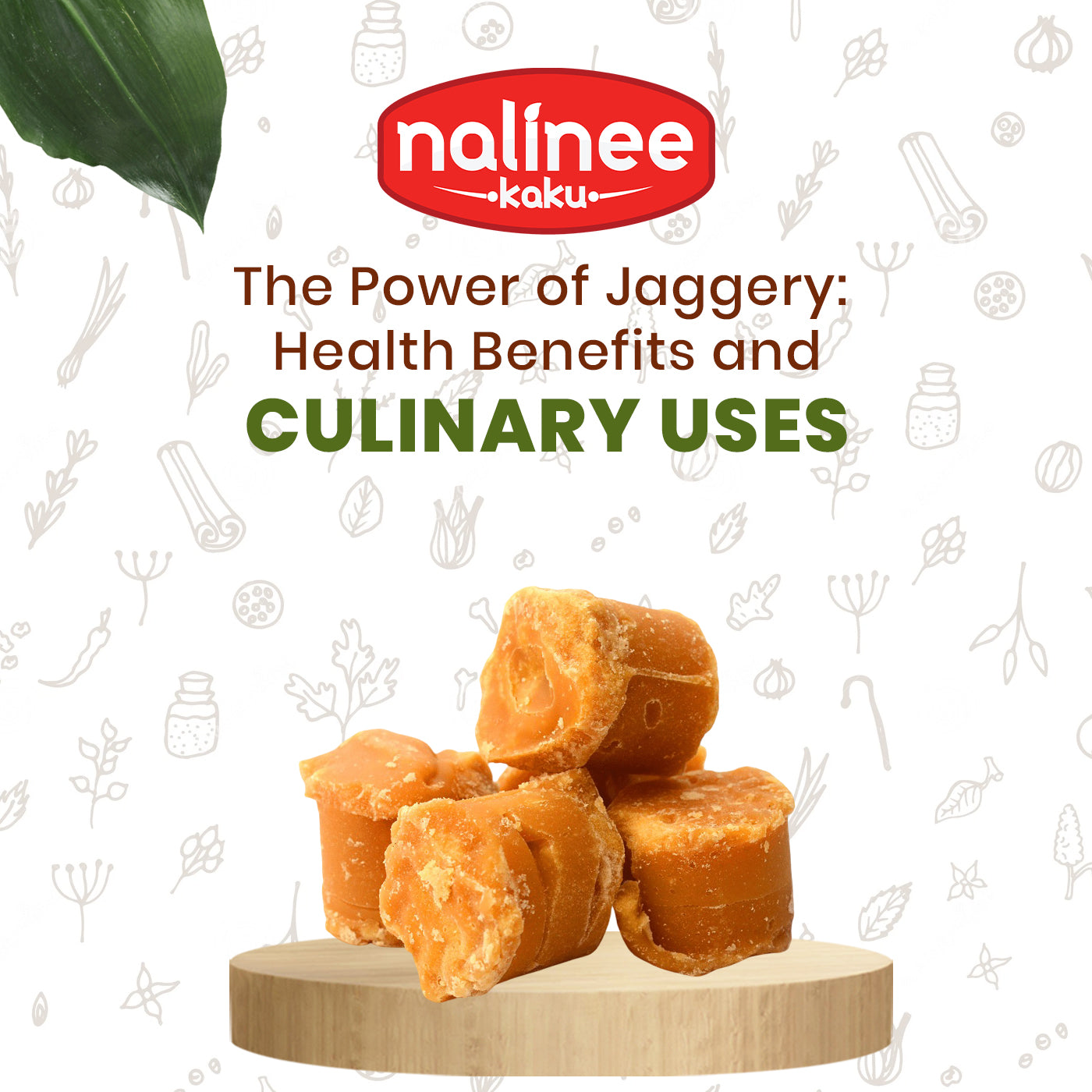The Sweet Benefits of Jaggery: A Natural Alternative to Processed Sugars
Introduction
Jaggery, a traditional sweetener made from sugarcane or date palm sap, offers a natural alternative to processed sugars. With its rich flavor and numerous health benefits, jaggery is a popular choice for those seeking a healthier sweetening option. This blog explores the sweet benefits of jaggery, its health advantages, and how it can be used in your cooking.
What is Jaggery?
a. Production Process
Jaggery is made by extracting juice from sugarcane or date palms, boiling it to remove excess water, and then cooling it to form a solid block. The process preserves the natural nutrients found in the sap, resulting in a sweetener that retains its original minerals and vitamins.
b. Types of Jaggery
There are different types of jaggery based on the source and production method. Sugarcane jaggery is the most common, while date palm jaggery offers a unique flavor profile. Understanding these variations can help you choose the right type of jaggery for your recipes.
Health Benefits of Jaggery
a. Nutrient-Rich
Jaggery is rich in essential nutrients, including iron, calcium, magnesium, and potassium. These minerals contribute to overall health and well-being, supporting functions such as bone health, blood pressure regulation, and muscle function.
b. Digestive Health
Jaggery has natural laxative properties that aid in digestion and help prevent constipation. Consuming jaggery after meals can support digestive health and improve bowel movements.
c. Detoxification
Jaggery helps detoxify the body by promoting the elimination of toxins. It supports liver function and aids in flushing out impurities, contributing to overall wellness.
Using Jaggery in Your Cooking
a. Sweetening Dishes
Jaggery can be used as a natural sweetener in a variety of dishes, from desserts to savory recipes. It adds a rich, caramel-like flavor to sweets such as cakes, cookies, and puddings.
b. Traditional Recipes
Jaggery is a key ingredient in many traditional recipes, including Indian sweets like ladoos, halwa, and chikki. Incorporating jaggery into your cooking can add authenticity and depth to your dishes.
c. Substituting for Refined Sugar
Jaggery can be used as a substitute for refined sugar in recipes. It provides a more natural sweetness and additional nutrients compared to processed sugars.
Comparing Jaggery to Processed Sugars
a. Nutritional Value
Unlike processed sugars, which are devoid of nutrients, jaggery retains essential vitamins and minerals. This makes it a healthier alternative for sweetening your food.
b. Flavor Profile
Jaggery offers a rich, distinctive flavor that adds complexity to dishes. Processed sugars have a more neutral taste, which may not provide the same depth of flavor.
c. Health Impact
Processed sugars can contribute to various health issues, including weight gain and diabetes. Jaggery, with its natural nutrients and lower glycemic index, offers a healthier option for satisfying your sweet cravings.
Conclusion
Jaggery is a sweet and nutritious alternative to processed sugars, offering a range of health benefits and culinary uses. By incorporating jaggery into your cooking, you can enjoy its rich flavor while benefiting from its natural nutrients and health-promoting properties.


